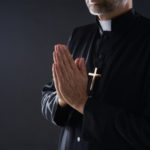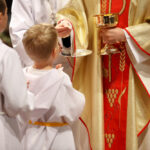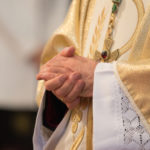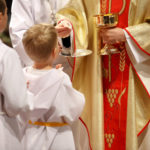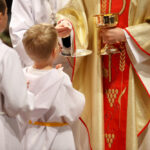New Laws Put an End to ‘Gag Orders’ on Victims of Child Sexual Abuse
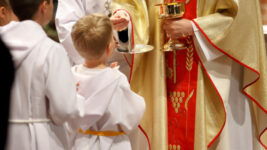
New South Wales Parliament passed laws this week which will allow courts to break unfair settlements and ‘gag orders’ placed on victims of child sexual abuse.
Recommendation of the Royal Commission
The issue of paltry settlements accompanied by strict non-disclosure agreements came to light during The Royal Commission into Institutional Responses to Child Sexual Abuse.
Many of the settlements to victims of childhood sexual abuse were not only small, they placed victims in situations where they were not able to talk about the abuse, which in many cases delayed them seeking help.
Many of the agreements prevented victims from pursuing further legal action of any sort.
Many victims have been powerless to challenge unfair historic settlements, and statutory time limits meant that many were unable to seek compensation for claims that fell outside of these limits. This is despite an enormous body of research proving that many victims delay reporting their childhood abuse. Most survivors don’t usually come to terms with childhood sexual abuse until years or decades later.
Survivors have also faced what the NSW attorney general, Mark Speakman, describes as a “legal technicalities” which shield institutions from civil cases.
Acting on recommendations from the Royal Commission, New South Wales, along with other states, has been introducing a series of reforms intended to remove legal barriers for survivors seeking justice.
‘Righting the wrongs of the past’
“We are righting the wrongs of the past to ensure survivors can access the civil justice they deserve and be properly compensated for the appalling mistreatment they suffered as children,” Speakman said.
The Civil Liability Amendment (Child Abuse) Act 2021 allows courts to set aside affected agreements if it is “just and reasonable to do so”.
Under the new laws, survivors who seek to have unfair historical settlements set aside will not be in breach of any confidentiality agreements that were previously made with churches or other institutions. The Act also places no restrictions on awards of damages for child abuse.
Similar reforms have been made in Queensland, Victoria, Tasmania, Western Australia and the Northern Territory. They clear the way for a wave of cases to make their way to the courts, which will enable victims to seek the justice they have been denied for so long.
‘Silencing victims’ and delaying justice
Earlier this year, the Catholic Church tried to stop a woman from suing it for child sexual abuse by Father Clarence Anderson, despite its own records noting in 1965 that Father Anderson ‘had a sexual interest in children’.
Church documents also showed that he was moved from parish to parish when complaints were made and other documents detailed complaints from the parents of other boys abused by Anderson.
The woman alleges she was abused by, Father Anderson who was a Priest in the Lismore diocese in 1968 when she was 14 years old. She alleges that Father Anderson sexually assaulted her at home, while providing pastoral care to her family after her father was involved in a motorcycle accident.
The New South Wales Supreme Court overturned the Church’s legal bid for a permanent stay of proceeding, which it argued was “unjustifiably oppressive” because of the length of time that had passed, and the deaths of the priest and clergy who had first-hand knowledge of the matter. The case will proceed.
A Catholic Priest is also in the middle of a legal battle against the Catholic Church, alleging childhood sexual assault by the same Priest.
These new laws mean that institutions such as the Catholic Church will have less ability to ‘hide behind the law’ and hold up proceedings.
While the Catholic Church is not the only institution in which children suffered sexual abuse by adults who were supposed to be taking care of them, they are a significant offender. The Royal Commission heard 4,444 allegations of abuse involving more than 1,800 Catholic Church figures.
In recent years stories have emerged from around the world from people and nuns who say they suffered sexual abuse at the hands of Catholic Priests.


